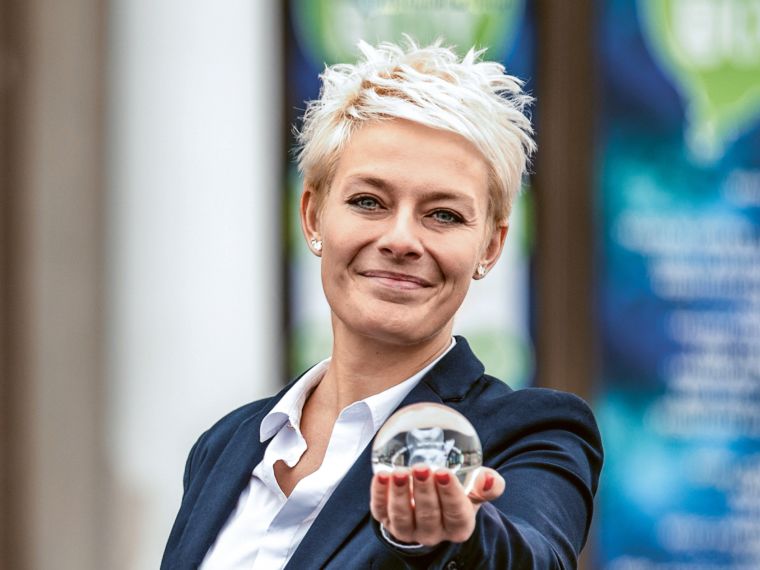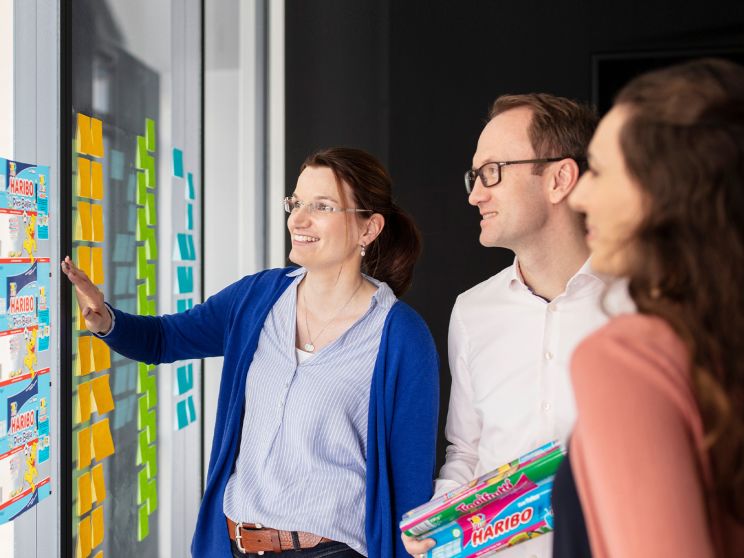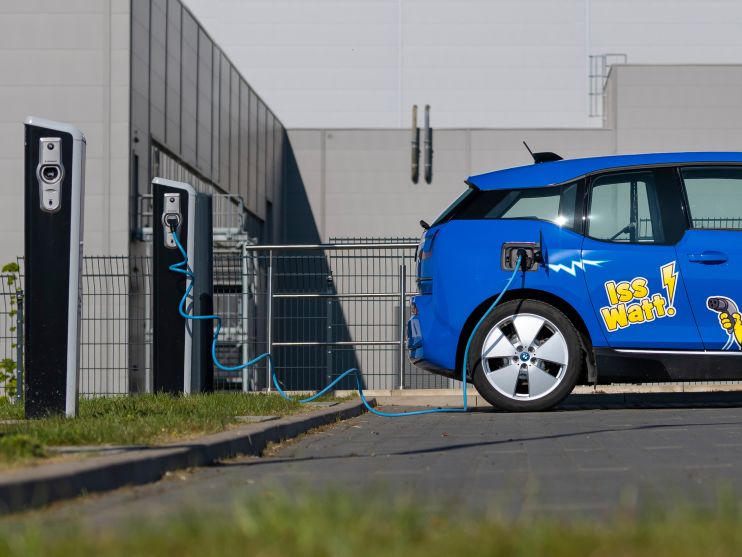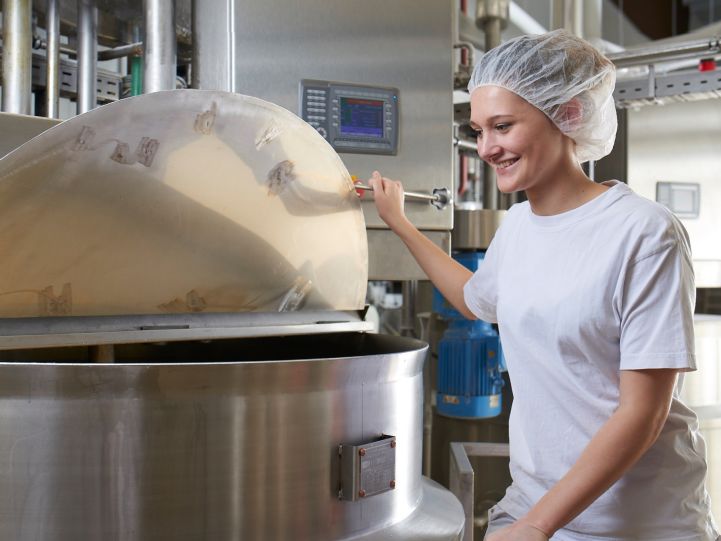We are part of the society in which we operate as a company – and it is a diverse environment with a wide range of stakeholders all having their own expectations of us. Balancing these expectations with our own and incorporating them into our business is also part of HARIBO’s corporate responsibility. On top of this, we also strive to make our own contribution to the sustainable development going on around us.
In good company
We are part of society and so we want to support positive developments for the future.


Commitment and development – HARIBO as part of society
Social corporate citizenship is one of our company activities, as we’re inextricably linked to the community structures at our locations.
Helping to shape the debate
Many people enjoy our products in more than 100 countries. For that reason alone, our commitment also has a sociopolitical aspect – for example, in public debate about nutrition and the environment. HARIBO is actively involved in a number of networks and initiatives in an effort to help shape sustainable solutions for key issues. A few examples:
- The Initiative for Responsible Carnauba (IRC)
- Enactus, the global network of universities, students and company partners for sustainable development
- The multi-sector European Plastics Pact initiative (HARIBO UK)
Consumers – responsible quality for all
Along with our employees, our consumers are our most important stakeholders. They have been relying on HARIBO to provide them with high-quality sweets since 1920. International consumers have been placing their trust in us since 1935.
Today, we respond to consumer demands worldwide with around 1,000 different products – and add to our range with our established core range of products. Consumers who prefer high-quality vegetarian or low-sugar sweets, for example, will find what they need from HARIBO, as will those looking to avoid certain ingredients for religious reasons. Common to all of our products is our consistent pursuit of the distinctive HARIBO flavour and typical HARIBO texture.
For us, it is vital that our consumers can continue to rely on HARIBO’s high-quality and responsibly produced sweets in the future.

Involvement and dialogue
Direct dialogue with our consumers is essential for HARIBO. There is nobody who is better placed to tell us what they expect of our products than consumers. That’s why we conduct regular surveys, tests and market research to find out about their wishes and requirements. Plus, we also keep in touch with our end customers through our in-house Consumer Service and our social networks.
Trust – constantly renewed
The international ‘Most Trusted Brands’ survey awarded HARIBO first place in the ‘Confectionery’ category in Germany once again in 2020 – for the 19th time in a row. This is testament to the long-established consumer trust that we want to always continue to justify – including by marketing our products responsibly.
Marketing – with our good name
It takes time to build trust – to earn it, products not only need to be high quality, but also advertised responsibly. Our products are treats rather than staple foods. First and foremost, this means that they should be enjoyed in moderation. HARIBO introduced clear rules for marketing in 2016. Our marketing is traditionally aimed at adults. This voluntary commitment extends across all aspects of HARIBO’s product marketing.

Customers – working together
Our customers are a key part of the HARIBO process chain. They form the link between us and our consumers. And sustainable responsibility is becoming an increasingly important factor for them.
The retail food market is in a unique situation. Our customers can determine their own sustainability with their own-brand products. However, in the case of products from their suppliers, which make up the majority of their range, they need to be able to rely on the manufacturers themselves to produce in a responsible way.

Assuming and documenting responsibility
In 2015 we made the decision to have our production sites audited in accordance with the internationally recognised SMETA standard for sustainable and ethical business practices. Nearly 90% of our facilities have already been audited or are undergoing their second round of auditing. SMETA will cover the entire HARIBO Group by 2021.
Responsible behaviour is also a component of the HARIBO supplier code of conduct for our own suppliers. And last but not least, our very own code of conduct regulates all the areas of responsible company processes and business relationships.

The page you are viewing does not match your location. Click here to select your country and see the content for your location.





